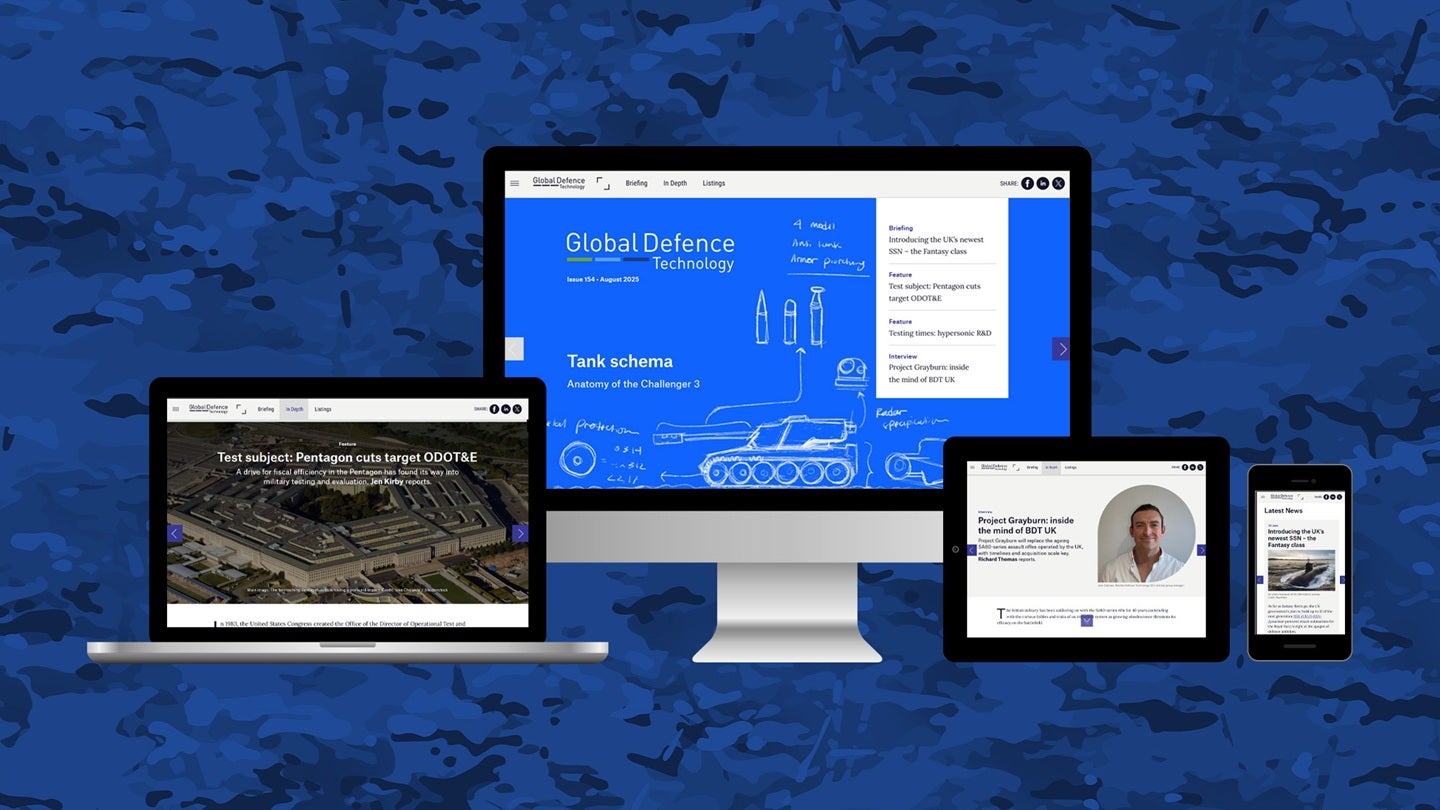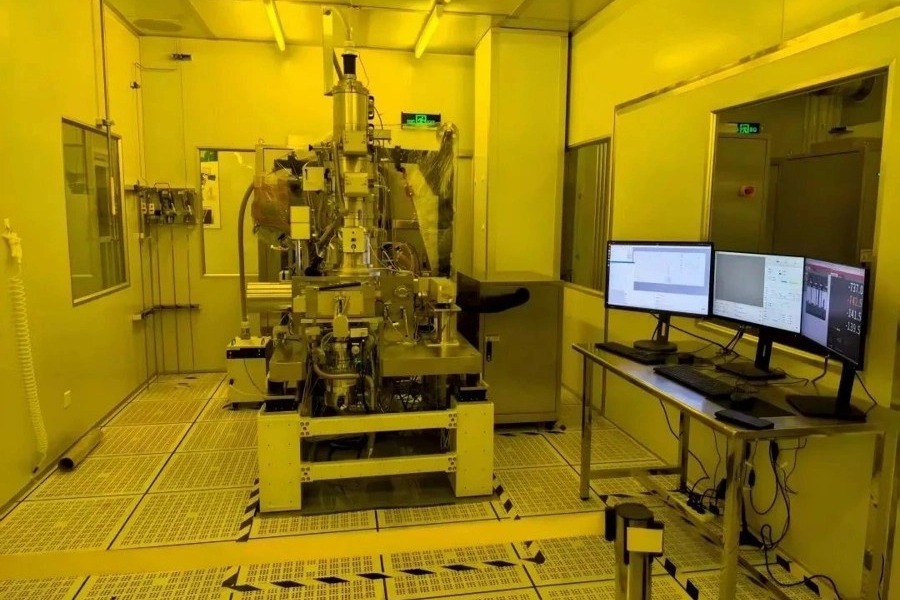Singapore's Defence Future: Can 'Warfare-as-a-Service' Revolutionise Security?

The concept of Waas is simple yet transformative: instead of investing heavily in owning and maintaining complex military hardware, nations can essentially 'rent' these capabilities as needed. Think of it as cloud computing, but for defence. Vector Defense, a Utah-based startup, is at the forefront of this movement, focusing on developing and deploying unmanned aerial, ground, and maritime systems. Their vision is a future where military operations are augmented, and in some cases, entirely managed by these autonomous platforms.
Why is Waas gaining traction? Several factors are driving this shift. Firstly, the escalating costs of traditional defence procurement are putting a strain on national budgets. Waas offers a more cost-effective alternative, allowing countries to access cutting-edge technology without the massive upfront investment. Secondly, the rapid advancements in artificial intelligence (AI), robotics, and sensor technology have made unmanned systems increasingly capable and reliable. Thirdly, the evolving nature of modern warfare – characterized by asymmetric threats and the need for rapid response – demands greater agility and flexibility, which Waas can provide.
Challenges and Considerations for Singapore: While the potential benefits of Waas are undeniable, Singapore faces several challenges in adopting this model. Regulatory frameworks governing the use of unmanned systems, particularly in populated areas, need to be carefully considered. Data security and privacy are also paramount concerns. Furthermore, integrating Waas into Singapore's existing defence infrastructure and ensuring seamless interoperability with manned systems will require significant planning and investment. The need for skilled personnel to operate and maintain these advanced systems is another crucial factor.
The US Context and Implications: Vector Defense's experience in navigating the US regulatory landscape, particularly its interactions with Congress and the Pentagon, offers valuable lessons for Singapore. The US is currently grappling with similar challenges, seeking to balance the desire to accelerate the adoption of Waas with the need to ensure safety, security, and ethical considerations. Singapore can learn from these experiences and adapt best practices to its own context.
Singapore's Strategic Advantage: Singapore's strong technological ecosystem, its commitment to innovation, and its proactive approach to defence modernization position it well to explore the potential of Waas. The nation's focus on smart nation initiatives and its expertise in areas like AI and cybersecurity can be leveraged to develop and deploy Waas solutions tailored to its specific needs. Furthermore, Singapore’s strategic location and regional security concerns necessitate a robust and adaptable defence posture, making Waas an increasingly attractive option.
Looking Ahead: The future of defence technology is undoubtedly intertwined with the rise of unmanned systems and the Waas model. As Vector Defense and other companies continue to push the boundaries of what's possible, Singapore must remain vigilant and proactive, carefully evaluating the opportunities and challenges presented by this transformative trend. A measured and strategic approach, coupled with a commitment to innovation and collaboration, will be key to harnessing the full potential of Warfare-as-a-Service to safeguard Singapore’s security and prosperity.





